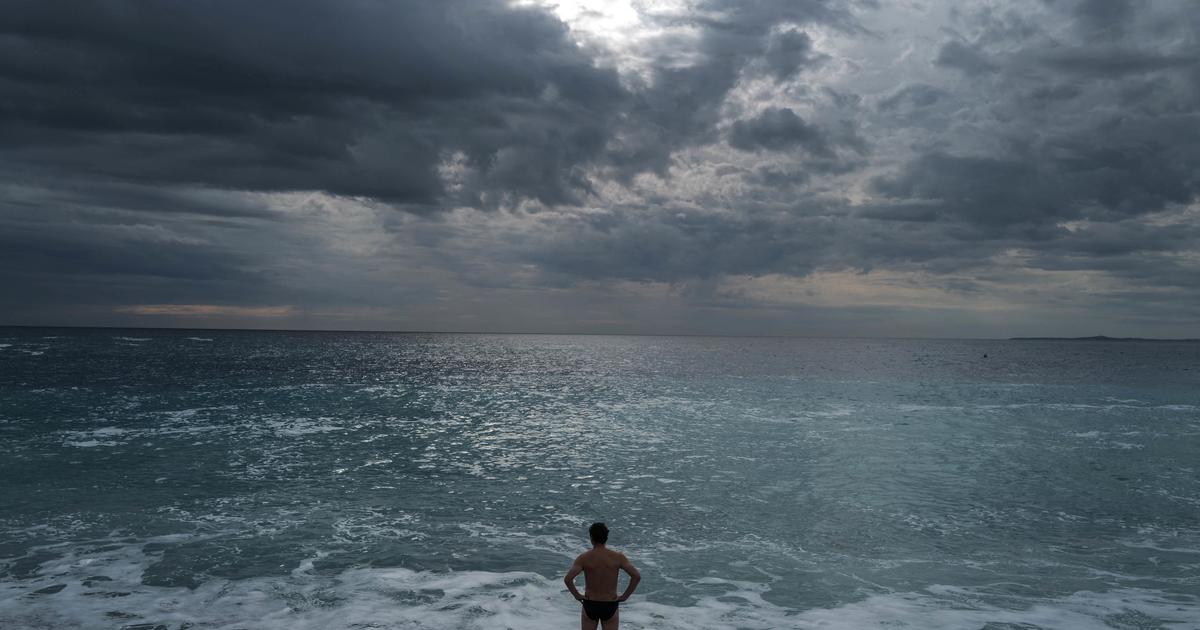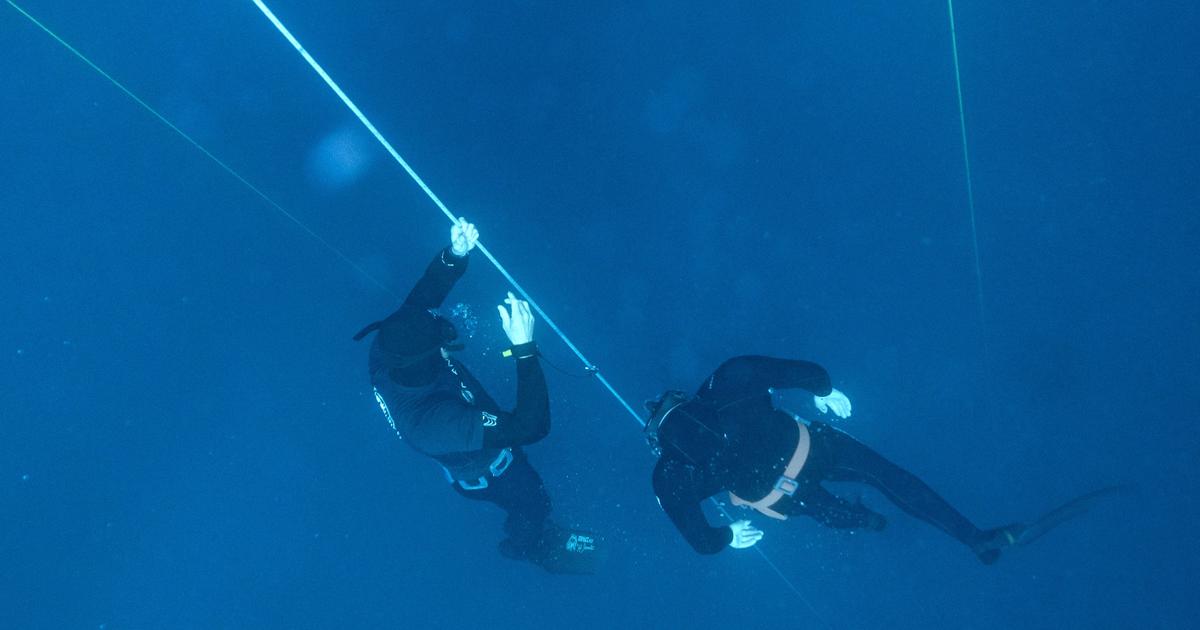Le Figaro Nice
To discover
Follow all the news of the city of Nice
No, it is not a pronounced tidal phenomenon.
No, it is also not a consequence of the earthquake in Turkey, as some false scholars claim on social networks.
No, it's even less about the sea retreating in preparation for a tsunami...
The level of the Mediterranean has dropped this month, but it is a usual phenomenon.
In principle, even the eye of an experienced sailor cannot perceive it.
This year, the movement has increased due to climatic conditions and more precisely, atmospheric conditions.
Some rocks have come to light and the landscapes along the Côte d'Azur have changed in some places.
Due to a seasonal movement, the
pond nostrum
drops by about ten centimeters each year.
This decrease is explained by colder water due to the winter season and therefore a lower volume of water.
"The water is contracting"
, summarizes Gaël André, tidal expert at Shom (the hydrographic and oceanographic service of the Navy).
But the latter saw his tide gauges indicating new data.
The phenomenon has amplified, lowering the sea by 30 centimeters in places.
This is reflected around the beaches with a visible withdrawal of the sea for a few meters.
This is largely due to higher atmospheric pressures.
Usually, they are calibrated around 1013 hectopascals (hPa).
At the moment, they reach 1030-1035 hPa at the most, a measurement was even taken at 1037 hPa last week.
“It is still a rather exceptional phenomenon
, underlines the specialist.
It's not every day that we see such pressure and the level drop so much.
He specifies that one hectopascal more or less has a direct consequence on the water level.
"It's as if we were pushing a little more on the sea
," he says.
Blocked subtropical anticyclone
These high pressures can be explained by an anticyclone well established in the region since the beginning of the year.
And therefore dry weather: for 27 days, not a drop has fallen in Nice and its surroundings.
Some will argue that a direct link with global warming has been established.
We must qualify:
“In winter, an anticyclonic regime dominates.
The recurrence of these high pressures is remarkable, but it is a phenomenon already known.
So no, we cannot at this stage speak of a consequence of global warming”
, explains Cyrille Duchesne, meteorologist at La Chaîne Météo (owned by the
Le Figaro
group ).
He will nevertheless monitor the recurrence of these anticyclones.
"We can't be categorical
," he added.
The rise of subtropical anticyclones is a phenomenon that we notice and it remains blocked on the country in a more recurrent way.
This explains the milder temperatures, especially in the afternoon.
Another factor that adds to this drop in the level of the Mediterranean is the lack of precipitation.
This influence appears to be less but must be taken into account.
"There is a supply of fresh water from rivers and lakes which is less due to a lack of rain"
, adds Gaël André.
“There is a concern about the lack of precipitation on the Mediterranean contour
, launches Cyrille Duchesne, supporting figures (0.6 mm in February for a normal of 54 cm).
In Paca, the soils are very dry.”
The convergence of these elements explains this drop in the level of the Mediterranean Sea today.
Welcome drops should return at the end of the week, thus attenuating the phenomenon.









